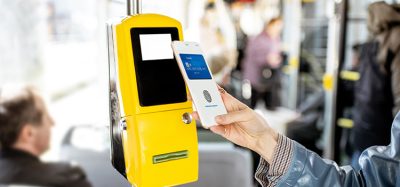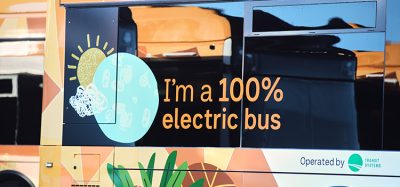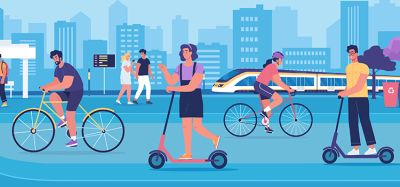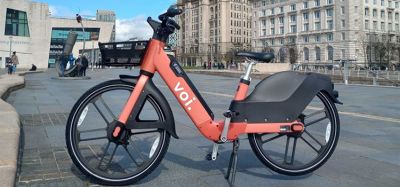ADB approves loan for bus rapid transit system in Karachi
- Like
- Digg
- Del
- Tumblr
- VKontakte
- Buffer
- Love This
- Odnoklassniki
- Meneame
- Blogger
- Amazon
- Yahoo Mail
- Gmail
- AOL
- Newsvine
- HackerNews
- Evernote
- MySpace
- Mail.ru
- Viadeo
- Line
- Comments
- Yummly
- SMS
- Viber
- Telegram
- Subscribe
- Skype
- Facebook Messenger
- Kakao
- LiveJournal
- Yammer
- Edgar
- Fintel
- Mix
- Instapaper
- Copy Link
Posted: 15 July 2019 | Intelligent Transport | No comments yet
With a view of reducing personal car use, and improving air quality in the city, the Asian Development Bank is investing over $230 million in quality public transport for Karachi.
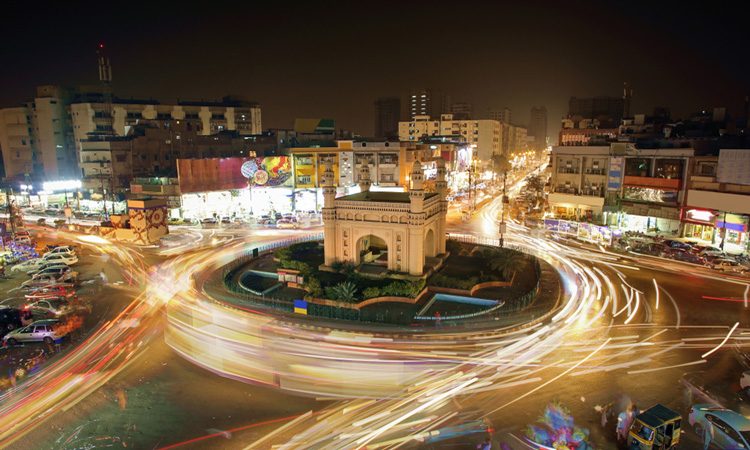

The Asian Development Bank (ADB) has approved a $235 million loan to help develop a bus rapid transit (BRT) system with innovative energy and climate resilience features that will enhance access to quality public transport for people in Karachi, Pakistan’s largest and most populated city.
The Karachi Bus Rapid Transit Red Line Project will deliver the 26.6-kilometre Bus Rapid Transit Line corridor and associated facilities benefiting as many as 1.5 million people, about 10 per cent of Karachi’s population, who live within a kilometre of a Red Line BRT station. More than 300,000 passengers per day are expected on the Red Line BRT routes. ADB will partially administer two $100 million loans from the Asian Infrastructure Investment Bank and the Agence Française de Développement to jointly finance the project’s civil works and equipment costs.
ADB Principal Urban Development Specialist (Transport) for Central and West Asia, David Margonsztern, said: “There is a need for a more sustainable, reliable, safe, and gender- and environment-friendly transportation system in a city as dense and rapidly growing as Karachi. A sustainable transportation system will not only solve the city’s mobility issue but also its growing pollution problem. The BRT system, with its innovative features, will address all these issues, improving the overall quality of lives of people in the city.”
The project will restructure the entire width of the Red Line BRT corridor, including the construction of 29 stations and dedicated lanes along the 26.6 km stretch; improvement of the mixed-traffic roadway with up to six lanes in each direction; inclusion of on-street parking and landscaped green areas in various locations; improvement of the drainage system to climate-proof the corridor; and installation of non-motorised transport infrastructure such as bicycle lanes, improved sidewalks, and energy-efficient street lights.
The project will also establish sustainable BRT operations in Karachi by improving the capacity of relevant transport authorities; designing the BRT business model and subsidy-free operations; implementing a bus industry transition programme, including a fleet scrapping programme and compensation mechanism; developing an effective public communications campaign; and delivering the BRT fleet, feeder e-vehicles, intelligent transport system, and a biogas plant.
Related topics
Air Quality, Mobility Services, Multimodality, Sustainable Urban Transport
Related modes
Bus & Coach
Related cities
Karachi
Related organisations
Asian Development Bank (ADB)
Related people
David Margonsztern




